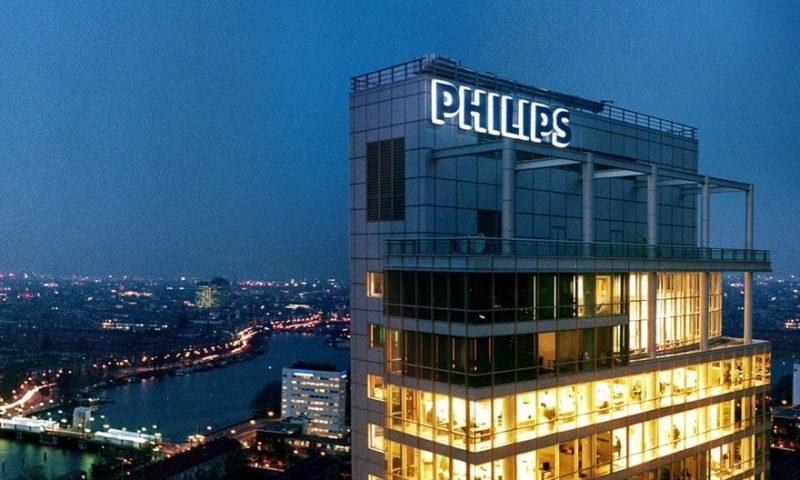Even as Philips began the process of repairing and replacing the ventilators affected by its ongoing recall of the devices, the medtech giant still saw its sales slip in the third quarter of this year, the first full quarter to feel the effects of the recall initiated in mid-June.
On its own, Philips’ connected care business—the domain of its CPAP, BiPAP and other continuous and noncontinuous ventilators—faced a steep drop-off, registering a 39% decrease in sales compared to the same period in 2020, when the respiratory machines were in especially high demand due to the COVID-19 pandemic.
Those plummeting sales put the segment’s operating income into the red, with a negative balance of 34 million euros compared to the 280 million euro positive operating income of the third quarter of 2020.
Overall, despite a solid 10% sales boost in its diagnosis and treatment business and steady earnings in the personal health category, the ailing connected care segment proved contagious, causing the company’s total global sales to drop about 7.6% year over year. They clocked in at about 4.2 billion euros, roughly the same amount Philips saw in the second quarter of this year.
CEO Frans van Houten attributed the sales drop not only to the ventilator recall but also to slowdowns in global shipping and a shortage of chips and other electronic components.
“We expect this headwind to continue in the fourth quarter,” van Houten said, but noted that, “Based on our strong customer demand and growing order book, we expect to resume our growth and margin expansion trajectory in 2022 as we work through the headwinds.”
That growth translates to an increase in order intake of nearly 50%, or 17% when adjusting for the effects of a partial ventilator order cancellation that occurred in the third quarter of 2020. Even in its connected care business, Philips saw a surprising uptick in demand, with order intake growing more than 20%.
In the meantime, the company has launched a second program to buy back its own shares for capital reduction purposes. It follows a 1.5 billion euro buyback program that began in early 2019 and is now nearing completion, with approximately 20 million shares expected to be canceled by the end of this year. The new program, launched in late July, will also total 1.5 billion euros, with planned settlements taking place periodically through 2024.
Additionally, according to its latest earnings report, Philips has produced a total of 750,000 repair kits and replacement devices to address the ventilator recall to date. So far, about one third of those supplies have been distributed to customers.
The recall was initiated by Philips in June and was given the FDA’s most serious Class I rating the following month. It came about after the company found that the polyurethane foam built into some of Philips’ ventilators to help reduce sound and vibrations could break down over time, potentially sending specks of black debris and dangerous chemicals into a user’s air pathway.
As of the FDA’s July safety notice, more than 1,200 complaints had been filed with the agency and at least 100 injuries had been linked to the issue.

